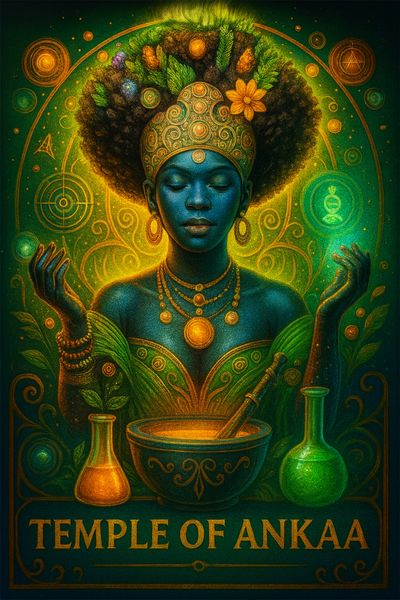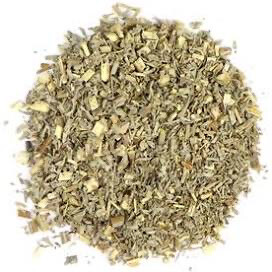

Ancient Alchemy. Divine Medicine. Mystical Living
We are keepers of hidden knowledge, healers through ancestral wisdom, and vessels for divine nourishment. Every herb, every meal, every ritual is a spell—crafted with intention, guided by spirit, and rooted in the Earth.
We awaken memory. We cleanse karmic cycles. We feed the soul with what was once forgotten.
Our work is esoteric. Our healing is mystical.
This is a temple for those ready to remember who they are.
Wormwood
Wormwood is used for various digestion problems such as loss of appetite, upset stomach, gall bladder disease, and intestinal spasms. Wormwood is also used to treat fever, liver disease, depression, muscle pain, memory loss and worm infections; to increase sexual desire; as a tonic; and to stimulate sweating. Wormwood is used for Crohn's disease and a kidney disorder called IgA nephropathy.
Wormwood oil is also used for digestive disorders, to increase sexual desire, and to stimulate the imagination.
Some people apply wormwood directly to the skin for osteoarthritis (OA), and healing wounds and insect bites. Wormwood oil is used as a counterirritant to reduce pain.
In manufacturing, wormwood oil is used as a fragrance component in soaps, cosmetics, and perfumes. It is also used as an insecticide.
Wormwood is used in some alcoholic beverages. Vermouth, for example, is a wine beverage flavored with extracts of wormwood. Absinthe is another well-known alcoholic beverage made with wormwood. It is an emerald-green alcoholic drink that is prepared from wormwood oil, often along with other dried herbs such as anise and fennel. Absinthe was popularized by famous artists and writers such as Toulouse-Lautrec, Degas, Manet, van Gogh, Picasso, Hemingway, and Oscar Wilde. It is now banned in many countries, including the U.S. But it is still allowed in European Union countries as long as the thujone content is less than 35 mg/kg. Thujone is a potentially poisonous chemical found in wormwood. Distilling wormwood in alcohol increases the thujone concentration.
